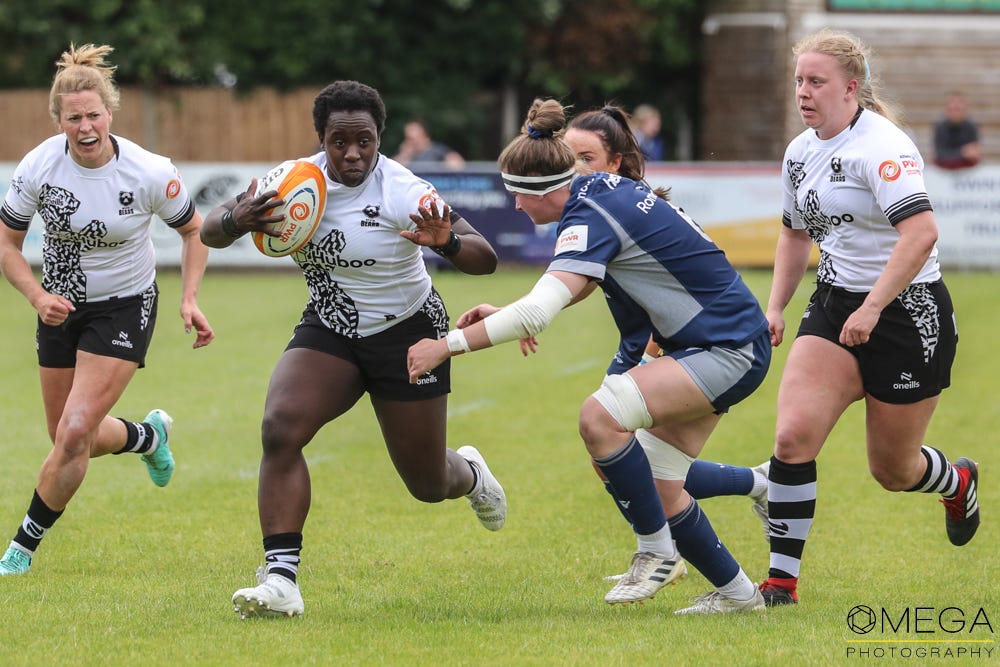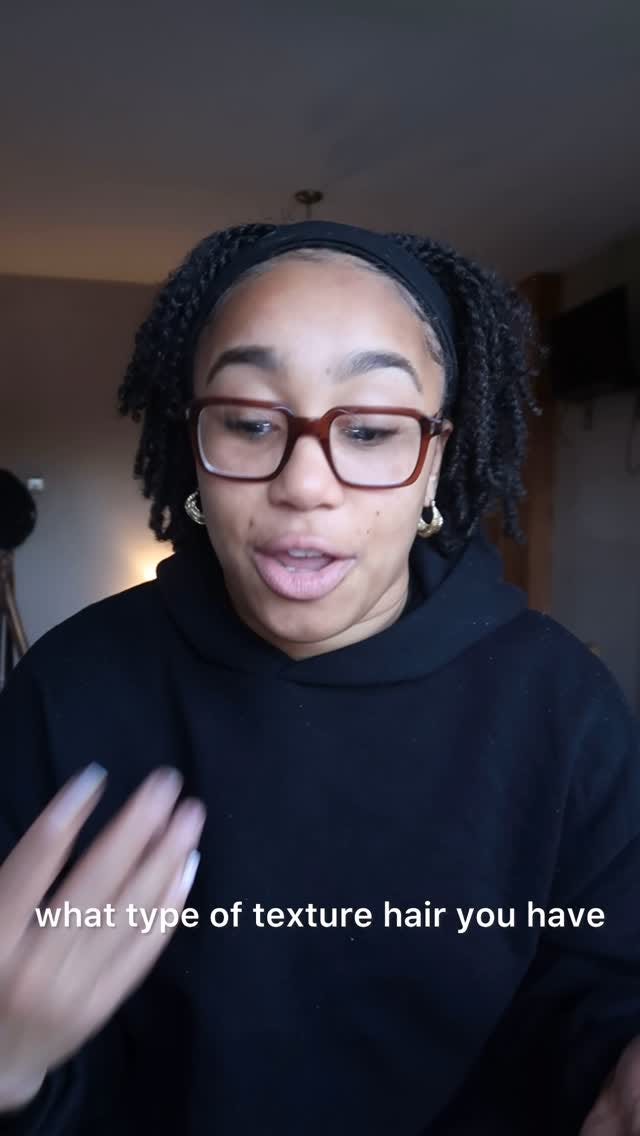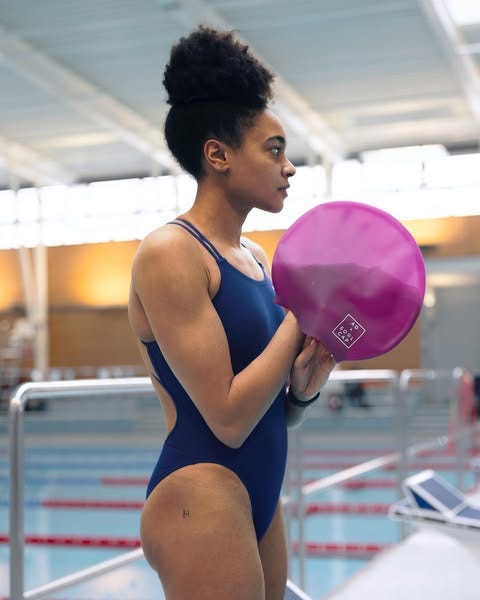"Sport is currently failing Black girls"
Some highlights and recommendations from Women in Sport's latest research. Plus some links for further discussion and education.
“Sport is currently failing Black girls". That’s what Women in Sport say after their latest research which explores the activity levels and sporting dreams of black girls.
I’m going to summerise some of the research and suggest some options for coaches. However, what I write comes from a position of privilege. I’m a White female.
Part of why I made this site is because all coaches have the responsibility to make sport a welcoming, safe space where people can be their full selves. I want this article to demonstrate my allyship and not be performative.
I’m not here to offer up my experiences, but to share/amplify the research.
Here’s some of the stats
39% of Black girls often hear or experience racist comments or stereotypes in sport
35% of Black girls say they frequently hear or experience sexist comments or stereotypes in sport and physical activity
48 % of Black girls who used to love sport drop out in their teenage years
60% of Black girls dream of becoming a top athlete compared to 33% of White British girls
1 in 2 of Black girls feel they have to downplay or limit aspects of their cultural identity in sport and physical activity environments, compared to 1 in 3 White British girls.
What the research reveals
The work highlights that Black girls place a great importance on the benefits of sport and exercise. The survey noticed that black girls notice/are aware of the role sport plays in benefitting their mental health, confidence, and current and future physical health. This makes it even more upsetting that black girls are disengaged from sport.
The report highlights the role that minoritisation plays, not just in numbers/data but within representation, cultural power and understanding.
It takes more than being present in a space to feel like you belong. There’s a need to cultivate and support spaces where Black girls can feel like themselves without being in the spotlight.
Black girls want spaces where they can be their full selves and as a minority community may find these harder to access. Too often, Black girls can feel hyper-visible and yet their needs often feel invisible and unsupported. Rather than expecting Black girls to shrink or adapt, sporting cultures should embrace difference and build trust. If it does, it can offer something rare for Black girls: the freedom to show up fully and joyfully. - Women in Sport
The report also highlights that black girls often take on more parental responsibilities and take on more extra studying. More than half of Black girls spent their free time doing extra studying.
Although there is support for Black boys to engage within sport, this is less for Black girls. Although black girls did cite their mums as playing a key role in their early sporting lives, this can shift as girls approach GSCE age. 73% of Black girls and 83% of Black boys report a pressure to value academic success over sport.
Reframing sport as having a positive contribution to academic and career success can help to retain Black girls.
In Black communities social mobility is often paramount and Black girls are under pressure to focus on their academic studies as the clearest path to success in life, especially with so few lucrative career opportunities in female sport. Sport is not viewed as a viable route for social mobility and is often sidelined.
To retain Black girls, sport should be reframed as a contribution towards academic and career success given its contribution to cognitive development, to developing skills in leadership and communication, and to emotional wellbeing and resilience. Sporting cultures should also recognise the wider pressures, including academic achievement, that Black girls are under and offer meaningful respite from this. - Women in Sport
Stereotyping is also a barrier. Black girls are more likely to have their confidence percieved as aggression by adults. As a result of this, Black girls may often shrink away or second-guess their actions.
The report shared that these prejudices about Black girls happen more often when sport takes place outside of inner-city London, where there is less diversity.
Buidling trust between coach and athelete is key. When support, understanding the landscape and trust is present, Black girls feel seen and are more likely to stay in sport.
The girls described being treated more harshly in matches, receiving more yellow cards, being perceived as aggressive for raising complaints, or being expected to ‘take it’ when fouled. - Women in Sport
Black girls and women also face challenges within the sporting environment for their hair and skin. Several rugby players have spoken about this. Sweat, chlorine and heat can all have an impact.
From a coaching perspective, flexibility is key. To avoid issues or anxiety, clubs and coaches should review how rigid a uniform policy is as well as educating yourself and ask players what they need.
Here, I want to share stories from some black athletes who can directly speak about hair, aesthetics and sport.
I’ve come across Simi Pam’s story before. In this Youtube video, she speaks about her natural hair journey.
To help combat some of the issues within rugby, Sadia Kabeya and Gilbert worked together to produce a satin scrum cap. The satin lining helps reduce some of the rubbing during matches and training.
Last link to share will hopefully kickstart you on a journey to find out more.
Soul Cap is a swimming cap for afro hair and was banned at the Olympics before being approved by FINA (the swimming governing body) in 2022.
What can clubs and coaches do?
Go find out more.
Look at The Black Rugby Community
Check out the recommendations from Women in Sport:
Make sport free and joyful. Allow room for spontaneity, autonomy and for co-design as Black girls are seeking joy and freedom through sport.
Let Black girls express themselves fully. For example through their spoken and body language, their vivacity, the way they wear their hair.
Build trust with Black girls and their families. Trust being the foundation, not a by-product, of participation. Go to where girls are.
Be flexible with your activities and policies. For example by subsidising or waiving fees, flexing attendance rules by trying drop-ins or varying kit options.
Make your sport feel safe. With girls-only or multi-generation female sessions, safe or free travel options, sensible session times, accessible and safe venues





